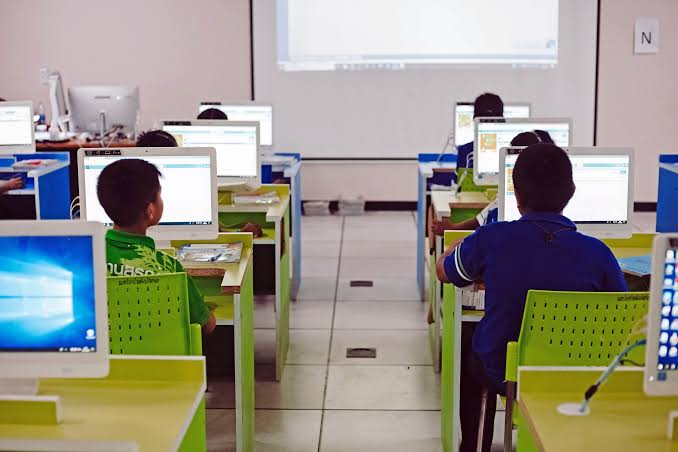
The education sector in Africa has faced numerous challenges, including inadequate infrastructure, limited access to quality educational resources, and a shortage of skilled teachers. However, with the rise of technology, Edtech startups have emerged as a beacon of hope, transforming the education landscape on the continent.
Overview of Edtech in Africa
Africa’s Edtech industry has experienced significant growth in recent years, driven by increasing demand for quality education, government initiatives, and investments from local and international organizations. According to a report by HolonIQ, Africa’s Edtech market is projected to reach $2.1 billion by 2026, up from $150 million in 2020.
Key Players in Africa’s Edtech Space
- Eneza Education (Kenya): Eneza Education is a mobile learning platform that provides access to educational content, including study notes, quizzes, and assessments. The platform has over 5 million registered users across Africa.
- Andela (Nigeria): Andela is a leading Edtech company that connects African software developers with global companies. The platform provides training and mentorship programs to developers, helping them build successful careers.
- Mwabu (South Africa): Mwabu is an Edtech company that provides interactive educational content, including e-books, videos, and quizzes. The platform caters to students from primary to tertiary levels.
- Siyavula (South Africa): Siyavula is an Edtech company that offers interactive educational content, including textbooks, videos, and quizzes. The platform focuses on math and science education.
- Tuteria (Nigeria): Tuteria is an online learning platform that connects students with qualified tutors. The platform offers personalized learning experiences for students of all ages.
Challenges Facing Edtech Startups in Africa
- Infrastructure: Limited access to reliable internet connectivity, electricity, and digital devices hinders the adoption of Edtech solutions.
- Affordability: Many Edtech solutions are unaffordable for low-income households, limiting their reach and impact.
- Content relevance: Edtech content often lacks relevance to the African context, making it less effective in addressing local educational needs.
- Teacher training: Many teachers in Africa lack the necessary training and support to effectively integrate Edtech solutions into their teaching practices.
- Regulatory frameworks: Inadequate regulatory frameworks and policies hinder the growth and development of Edtech startups in Africa.
Opportunities for Edtech Startups in Africa
- Growing demand: The demand for quality education in Africa is increasing, driven by a growing youth population and a rising middle class.
- Government initiatives: Governments across Africa are launching initiatives to promote Edtech adoption, such as the Kenyan government’s Digital Literacy Program.
- Investment opportunities: Edtech startups in Africa are attracting investments from local and international organizations, providing opportunities for growth and expansion.
- Partnerships and collaborations: Edtech startups can partner with local organizations, governments, and other stakeholders to develop context-specific solutions and increase their reach.
Conclusion
Edtech startups in Africa are transforming the education sector, providing innovative solutions to address the continent’s educational challenges. While there are challenges to be addressed, the opportunities for growth and impact are significant. As the Edtech industry continues to evolve, it is essential for startups to focus on developing context-specific solutions, building partnerships, and addressing the infrastructure and affordability challenges that hinder Edtech adoption.
Recommendations for Edtech Startups in Africa
- Develop context-specific solutions: Edtech startups should develop solutions that address the specific educational needs of African countries.
- Build partnerships: Edtech startups should partner with local organizations, governments, and other stakeholders to increase their reach and impact.
- Address infrastructure challenges: Edtech startups should develop solutions that can operate effectively in low-infrastructure environments.
- Focus on affordability: Edtech startups should develop affordable solutions that can be accessed by low-income households.
- Provide teacher training and support: Edtech startups should provide teachers with the necessary training and support to effectively integrate Edtech solutions into their teaching practices.
